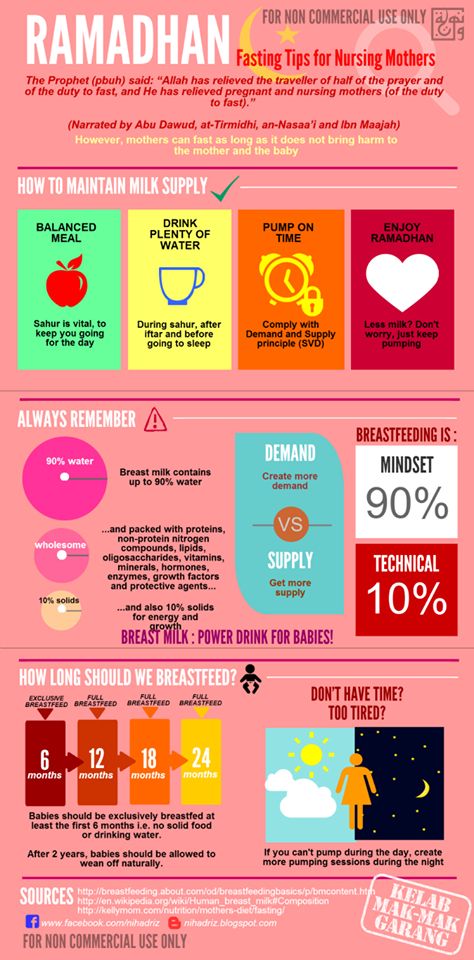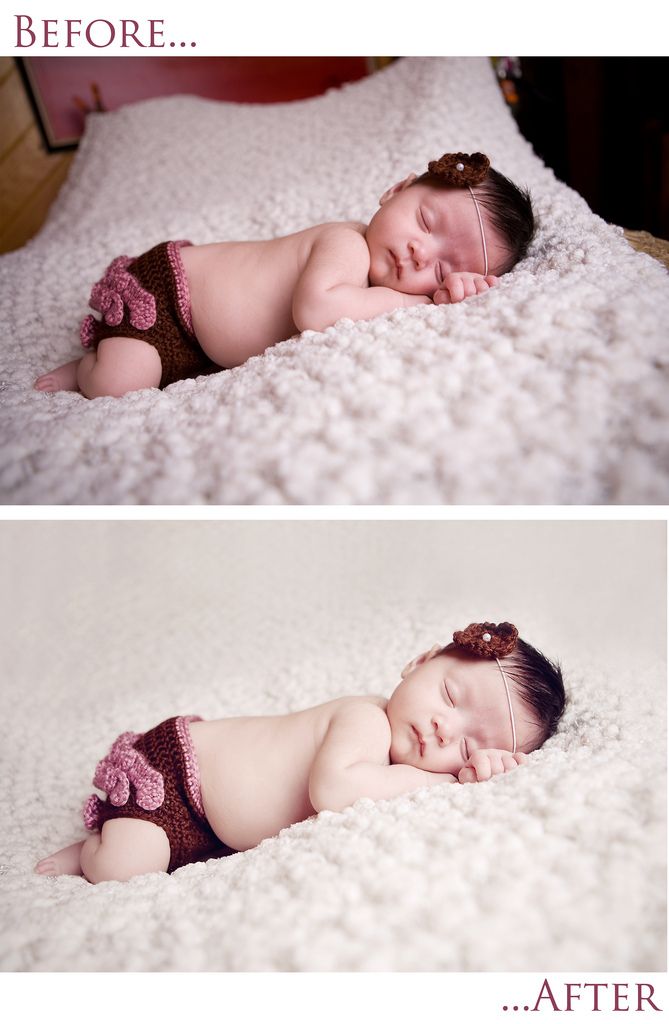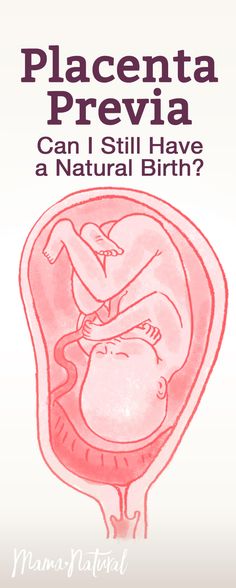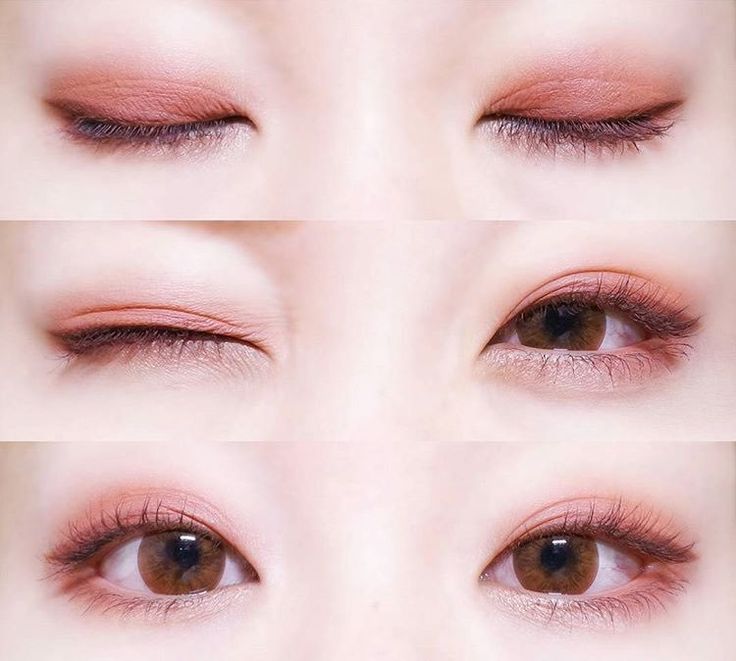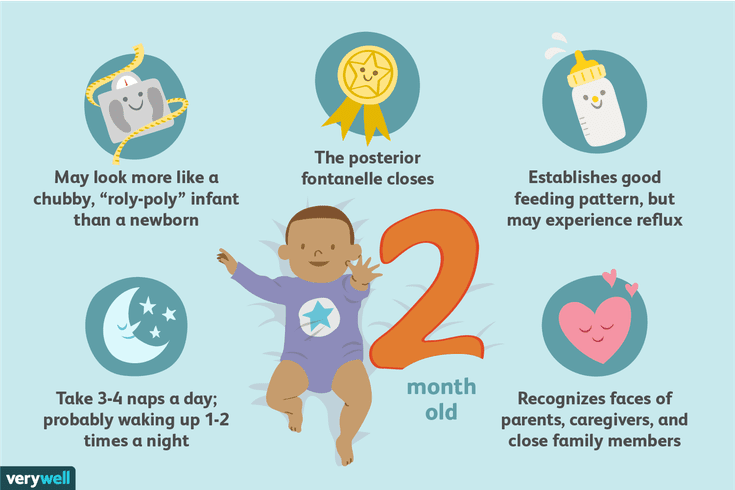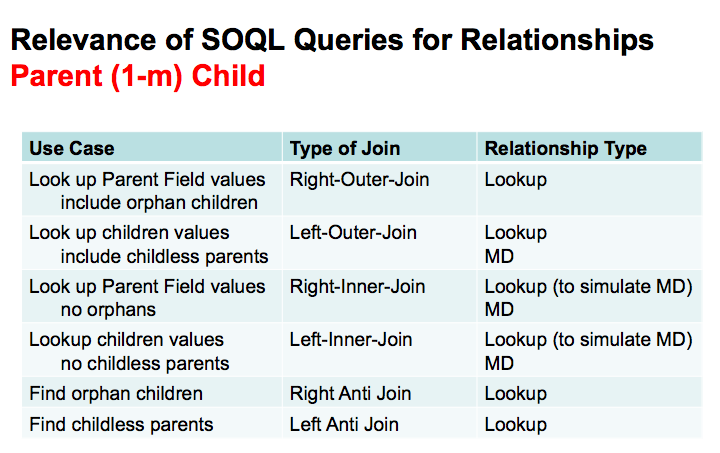Can you add water to breastmilk
Why You Must Never Add Extra Water To Breastmilk or Formula
Before supermarket price-wars drove the price of milk down to just a couple of dollars, your mother might have added a little water to the carton to make the last of the milk stretch until pay day.
However, what is okay for your morning cereal can have devastating health impacts if applied to your baby’s primary food source.
When your baby directly feeds from your breast, the milk he receives is perfectly balanced for his needs at that moment. The rich balance of nutrients, immune factors, fats and fluids is biologically produced without you having to do a thing.
That same balance needs to be maintained when you bottle feed your baby – it’s vital to their wellbeing.
Babies do not need bottles of boiled water — they naturally quench their thirst with breastmilk or formula. Despite the old wives’ tales, a little boiled water doesn’t cure colic and won’t help your baby burp. In fact, there are reasons to delay introducing water until your baby learns to drink from a cup after she starts solids.
Water, though vital to life, also has the power to kill. A condition known as Hyponatremia or “water intoxication” occurs when too much water is consumed, upsetting the fine balance of salts in the body. While an older child or adult would have to consume extreme amounts for this to occur, babies are especially vulnerable due to the size of their body.
Just recently, a baby girl died in the US, after her parents’ bottle fed her breastmilk that had been diluted with water.
If your baby is partly or fully bottle fed, here are four important things you need to know:
#1: Expressed Breastmilk Should Not Be Mixed With Formula
When you pump or hand express your breastmilk, it can be used immediately or combined with other breastmilk you have collected and stored in the fridge or freezer. It is important not to mix your expressed breastmilk (EBM) with infant formula, water or anything else.
The reason not to mix formula with breastmilk is a very good one. We recommend first giving expressed breastmilk and then any formula, separately.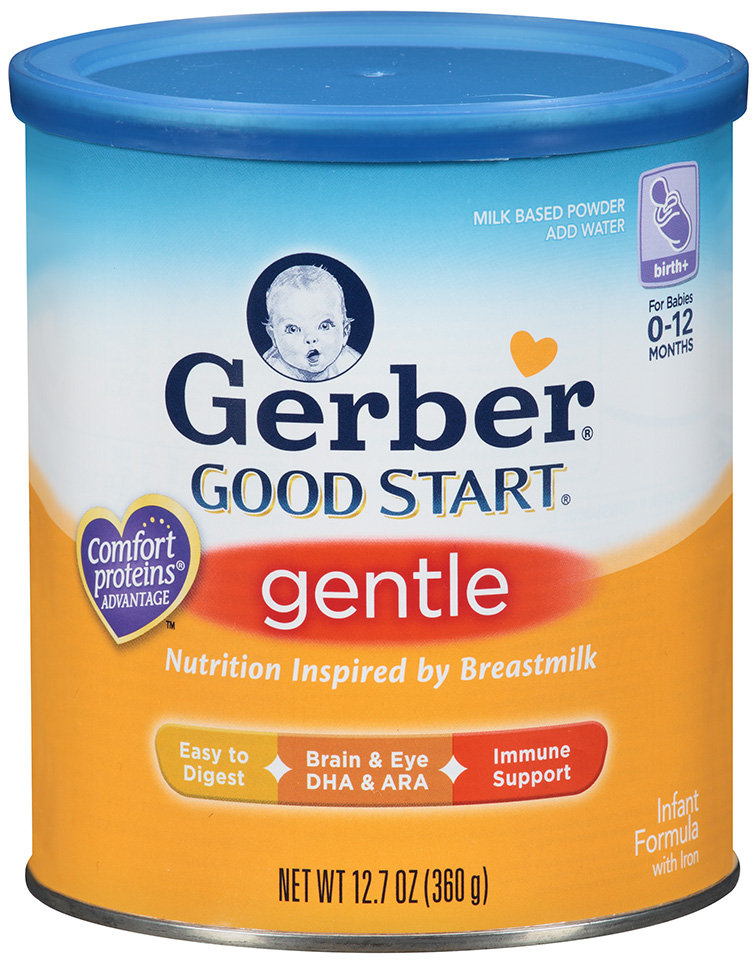 This way, the valuable, nutritious breastmilk is not wasted if not all the feed is taken. Of course, the baby fills up on breastmilk first, meaning he’ll get the most nutrition from a feed.
This way, the valuable, nutritious breastmilk is not wasted if not all the feed is taken. Of course, the baby fills up on breastmilk first, meaning he’ll get the most nutrition from a feed.
If you’d like to see what’s in breastmilk compared to what’s in formula, check out this link.
#2: Using Other Mother’s Breastmilk
Some Australian hospitals have milk banks, which are facilities that collect donated breast milk. They pasteurise it and make it available to their most vulnerable patients – premature or sick babies in the Neonatal Intensive Care Unit (NICU), whose mothers are unable to supply enough breastmilk to meet their baby’s needs.
Informal milk sharing is a privately arranged gift of milk from one mother to another, organised most commonly through social media groups such as Eats On Feets or Human Milk For Human Babies. Although unregulated, these mothers share a belief in the importance of breastmilk and offer excess or intentionally-collected milk to babies who have short or long term barriers to being fed exclusively by their mothers.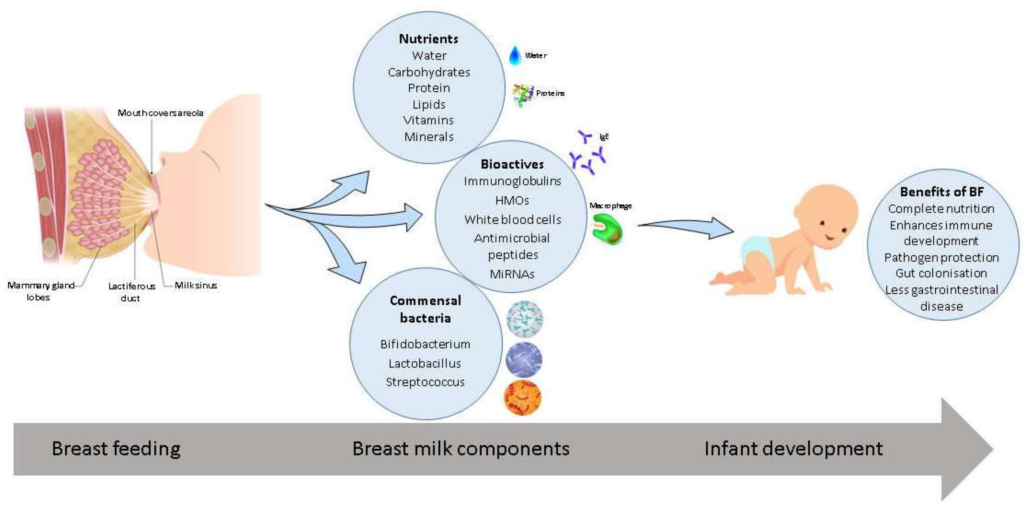
In some countries, buying and selling human milk as a commodity is a growing business. Adults, as well as infants, are consuming milk expressed and sold by the litre. Celebrity parents like Elton John and his partner David Furnish are high profile examples of gay parents happy to buy what they cannot provide naturally. It’s a growth industry.
But the buying or selling of human milk is illegal in Australia – and for good reasons! Researchers from the Nationwide Children’s Hospital in Columbus, Ohio counted more than 55,000 ad postings to buy or sell breast milk in 2014, up from 11,000 in 2011. Alarmingly, some 10% of samples of breastmilk bought online also contained cows’ milk, according to a study recently published in the journal Paediatrics.
#3: Always Use Only As Directed
For babies who are formula fed, it is very important to follow the instructions carefully when preparing feeds. Always use the scoop from that brand, as they may vary in sizes, and carefully count the scoops. If you lose count – stop and start again. Always boil the water freshly for each mix. The milk powder is not sterile and it’s the heat of the water which makes it safe to drink. As per World Health Organisation guidelines for formula preparation, it should never be cooler than 70 degrees Celcius when you mix it. Cool to feeding temperature after you thoroughly mix the powder and water. Always use within 30 minutes of mixing.
If you lose count – stop and start again. Always boil the water freshly for each mix. The milk powder is not sterile and it’s the heat of the water which makes it safe to drink. As per World Health Organisation guidelines for formula preparation, it should never be cooler than 70 degrees Celcius when you mix it. Cool to feeding temperature after you thoroughly mix the powder and water. Always use within 30 minutes of mixing.
It is imperative that you boil the water first, then cool it to drinking temperature, in order to kill any bacteria. Not doing so puts your baby at risk of infection — and any city around the world can have bacteria outbreaks. Some years ago, this happened in Sydney, Australia and everyone, including adults, had to boil water before use. Babies are especially vulnerable with weaker immune systems. Please see the World Health Organization’s official formula preparation guidelines for more information.
#4: Specialty Baby Water – Not So Special
You might be surprised to find water bottled just for babies on your supermarket shelves, ready to use, teat and all.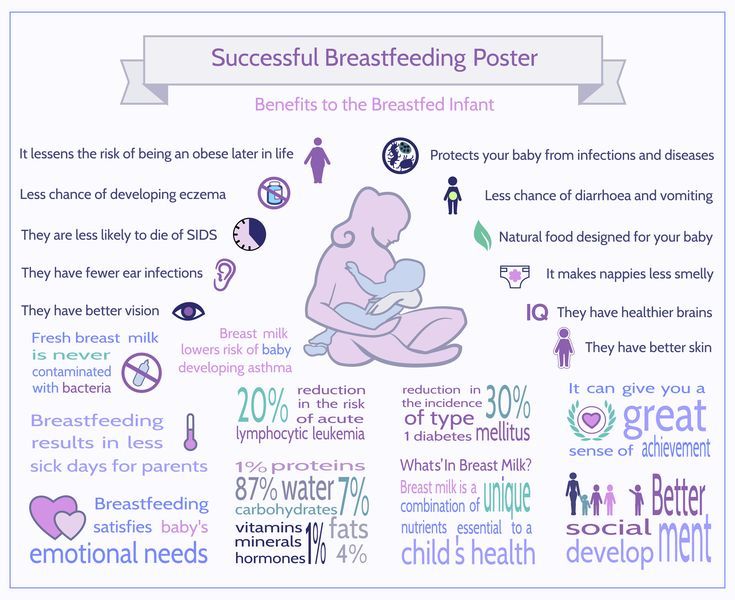 While this might seem like to ultimate in convenience, these products are not appropriate as drinks for babies under six months and are not necessary as drinks for older babies (who do not need drinking water boiled in Australia). This product may not be suitable for mixing and heating formula according to the World Health Organisation guidelines.
While this might seem like to ultimate in convenience, these products are not appropriate as drinks for babies under six months and are not necessary as drinks for older babies (who do not need drinking water boiled in Australia). This product may not be suitable for mixing and heating formula according to the World Health Organisation guidelines.
Learn more about expressing breastmilk in our article here.
newborn - Ok to mix breast milk with water?
Asked
Modified 4 months ago
Viewed 54k times
Our 2 month old breast feeds 90% of the time, but if my wife is away we will use pumped breast milk from a bottle. The other day my wife was out and we only had 1.5 oz of defrosted breast milk. Our baby usually eats 2 oz per feeding, so I added .5 oz of warm water so that she wouldn't get hungry before mom got home (first time I've done this).
Our baby usually eats 2 oz per feeding, so I added .5 oz of warm water so that she wouldn't get hungry before mom got home (first time I've done this).
My wife says this is bad and could lead to water intoxication. Is this correct? Should I avoid adding water to breast milk at all times?
- newborn
- breastfeeding
2
Breastmilk is about 80-90% water as it is, so there really is no need to add additional water to it. Water use is also discouraged for the reason you used it: newborns can fill up on water, so they should not be given water. (It's like filling up on cookies instead of an actual meal. Their growing bodies need good nutrition.)
Your wife is correct that water intoxication can happen in infants.
Too much water dilutes sodium in the blood and flushes it out of the body, thus altering brain activity, which can lead to a seizure.
Infants under 1 year of age may be more prone to these types of seizures than older children because a young infant’s diet does not contain enough food sources to replenish the lost sodium. Also, an infant’s immature kidneys cannot flush out excess water fast enough, causing a dangerous buildup of water in the body.
Certainly avoid adding water to breastmilk. Typically, water is not fed to infants until they start solids/baby food - and then too, it is supplied with meals. Once they are weaned off, water intake is increased to compensate.
I'd recommend keeping some back-up formula on hand, or even a soother to get relief from the sucking motion. Also try distracting the child until the mother returns, rocking him, etc. Don't use cow's milk as that also doesn't have sufficient nutrition. Stick with breast milk or infant formula.
3
Adding half an ounce of water for a one off feeding is not going to harm the baby in any way.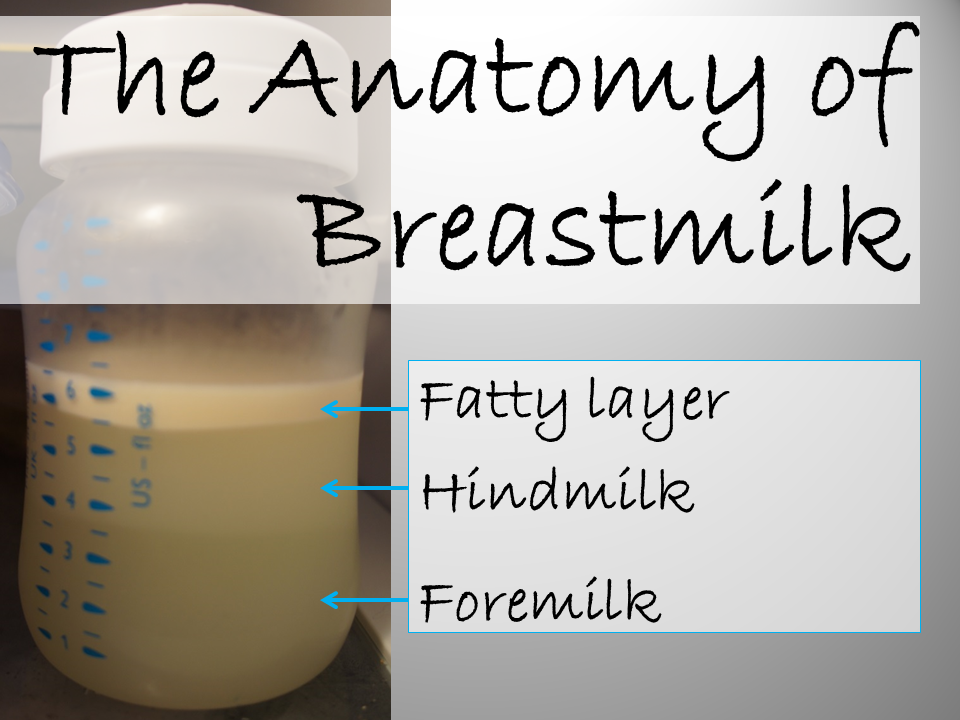
Doing this for the majority of feeds is likely to be an issue in terms of nutrition and in the extreme perhaps water intoxication.
The mistake here is to conflate a small issue as being an extreme case. Despite being unable to process water as well as adults, babies can still handle a number of ounces of water at a time safely. http://www.stlouischildrens.org/articles/wellness/water-intoxication-in-infants
In Germany it is common to let babys drink water (or tea) if they are not hungry but thirsty. So I don't see any problem in filling up a bottle of milk with such a small volume of water.
But the concentration of sodium in tap water here is much less then in the states. (Please see http://en.wikipedia.org/wiki/Water_fluoridation#Use_around_the_world)
Maybe it is an option for you to use low-sodium bottled water.
3
Want to improve this post? Add citations from reputable sources by editing the post.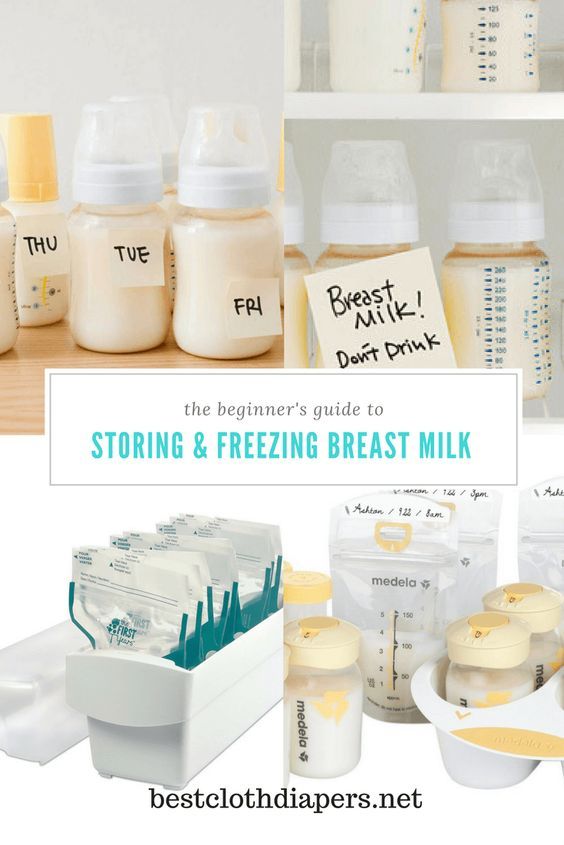 Posts with unsourced content may be edited or deleted.
Posts with unsourced content may be edited or deleted.
A 2 month old baby is too young for water, they need to be at least 6 months old and even then it is advised that it be in very small amounts. At 2 months, diluting milk with water is dangerous and can lead to liver damage or even infant death as it has happened in some cases and the parents have been arrested and charged for child abuse. Not to scare you, but be very careful as it is not worth risking your child's life over a momentary inconvenience. It is best to defrost additional milk if available (I stick my bags under hot running water and it defrosts them faster). Or you can also do what we did, we bought formula as backup for moments in when we didn't have enough milk available and needed to feed our baby on time. Every choice is personal but there are options that are safe for your baby.
1
Thanks for contributing an answer to Parenting Stack Exchange!
- Please be sure to answer the question.
 Provide details and share your research!
Provide details and share your research!
But avoid …
- Asking for help, clarification, or responding to other answers.
- Making statements based on opinion; back them up with references or personal experience.
To learn more, see our tips on writing great answers.
Sign up or log in
Sign up using Google
Sign up using Facebook
Sign up using Email and Password
Post as a guest
Required, but never shown
Post as a guest
Required, but never shown
By clicking “Post Your Answer”, you agree to our terms of service, privacy policy and cookie policy
whether to supplement the baby with breastfeeding and artificial feeding, how much water a child can drink
The birth of a baby always involves a lot of questions from parents.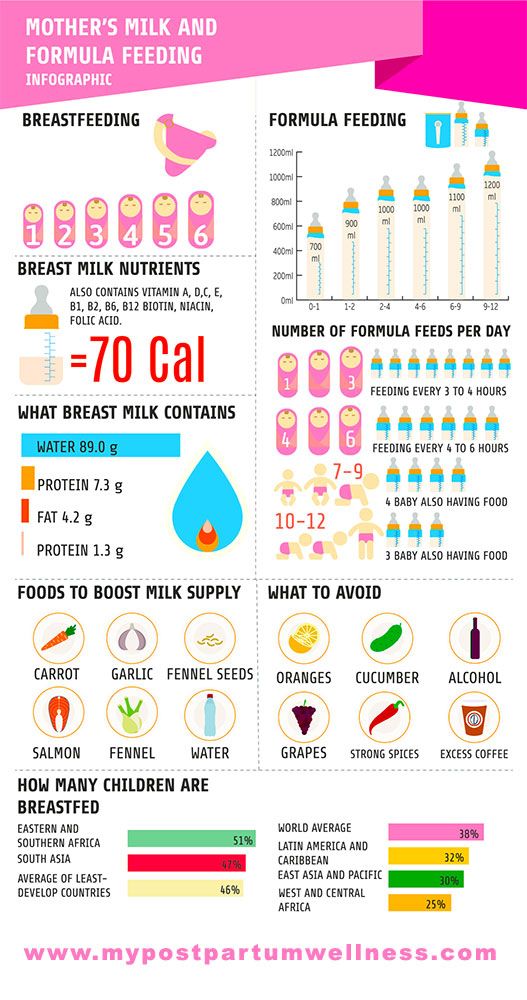 Some of them are, of course, related to proper nutrition. And almost always, the first thing moms ask is whether it is necessary to give water during breastfeeding. Will it harm digestion and stool? And if supplemented, then with what water, how often and from what? Let's take a look at all the nuances in order.
Some of them are, of course, related to proper nutrition. And almost always, the first thing moms ask is whether it is necessary to give water during breastfeeding. Will it harm digestion and stool? And if supplemented, then with what water, how often and from what? Let's take a look at all the nuances in order.
Contents: Hide
- When a baby needs water
- What are the dangers of drinking water early
- General recommendations for supplementation
When a baby needs water
on breastfeeding, with normal assimilation of mother's milk and regular weight gain, water is not required. Mother's milk quenches thirst and protects against dehydration. However, there are doctors who express a different opinion from this. So, when should you supplement your newborn? nine0003
• With artificial and mixed feeding. Mixtures, even as close as possible in composition to mother's milk, are absorbed longer, and water helps their absorption. Therefore, the use of water in this case is mandatory.
Therefore, the use of water in this case is mandatory.
• When breastfeeding with insufficient lactation. Unfortunately, it happens that the mother's milk is not enough for the baby. If the baby cries often, does not gain weight, supplement the baby with water and immediately contact the pediatrician about mixed feeding or a complete transition to the mixture. nine0003
• In hot weather. When it's hot, fluid leaves the body much faster, and feeding a child with milk all the time means forcing him to overeat. Water in this case is your salvation.
• For hiccups. As you know, water helps to cope with hiccups. This is true not only for an adult, but also for a baby.
• For vomiting and diarrhea. They wash fluid out of the child's body, which threatens with dehydration. If you experience these problems, give your baby as much water as possible. nine0003
• To bring down high temperatures. If the baby is sick, his temperature has jumped, then the first advice given by all doctors, without exception, is to drink as much as possible. Milk at a high temperature is contraindicated, only fermented milk products are allowed. Therefore, the best way out for mommy will be to give the child some water.
Milk at a high temperature is contraindicated, only fermented milk products are allowed. Therefore, the best way out for mommy will be to give the child some water.
• When the child is older than two months. If a newborn can only get by with mother's milk, then the baby is a little older - no longer. The body grows, as do its needs. Many pediatricians from 2.5 months already recommend to supplement the baby not only with water, but also with dried fruit compotes. nine0003
IMPORTANT! Irina Vostrikova, a pediatrician at the MEDSI clinic, believes that babies do not need to be supplemented, because breast milk is already 90% water. However, this may be necessary if the mother herself does not drink enough fluids. So, a nursing mother should drink at least 2 liters of ordinary non-carbonated water per day.
In hot weather, the baby can be offered water between feedings in a volume of 10-15 ml: if the baby refuses, then now he does not need additional liquid.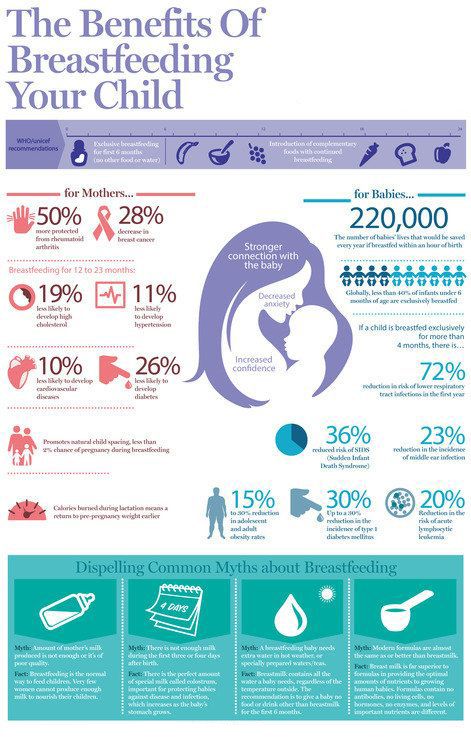 The same recommendations are valid for artificial feeding. It is better to give water to the child with a spoon, and not from a bottle. Because when feeding from a bottle, the baby has a "sucking confusion", and he begins to take the breast incorrectly - because of this, the effectiveness of stimulating milk production is reduced, and the nipples are injured. nine0003
The same recommendations are valid for artificial feeding. It is better to give water to the child with a spoon, and not from a bottle. Because when feeding from a bottle, the baby has a "sucking confusion", and he begins to take the breast incorrectly - because of this, the effectiveness of stimulating milk production is reduced, and the nipples are injured. nine0003
What are the dangers of early water intake? What problems in a newborn can cause frequent water intake?
• Malnutrition. If you give your baby water shortly before feeding, the liquid will take place in the baby's stomach, and he will eat less milk. As a result, the baby will remain hungry, his body will receive fewer nutrients, and the mother will not empty the mammary glands, which threatens to stagnate milk and reduce lactation. nine0003
• Violation of the intestinal microflora. The use of water leads to the appearance in the body of a newborn of the first bacteria, which are not always beneficial.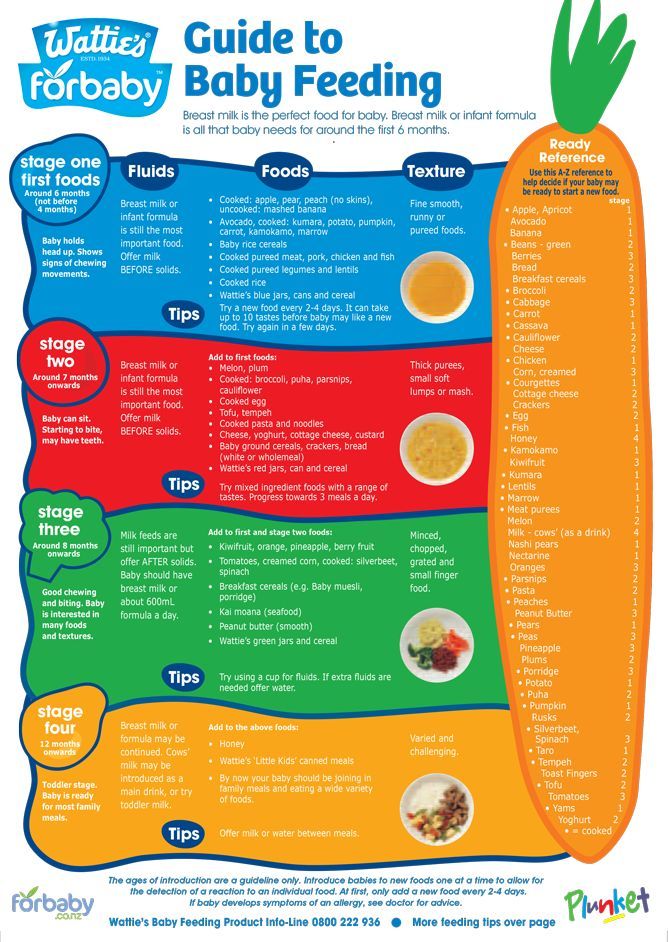 This is a load on the intestines, the likelihood of developing dysbacteriosis.
This is a load on the intestines, the likelihood of developing dysbacteriosis.
• Load on the kidneys. The introduction of water into the diet makes the kidneys work more intensively, and the body of a newborn baby may not be ready for this.
IMPORTANT! Elena Shmakova, consultant on breastfeeding and baby care at the Lada Center, teacher of the WHO/UNICEF course "Breastfeeding Counseling", adds that supplementation poses a risk to breastfeeding itself. The fact is that milk is produced in response to sucking, and its amount directly depends on the frequency of breast stimulation. If you give your baby water to drink, he will suckle less often and less, which means that the stimulation of the mammary glands will decrease. nine0003
She is sure that the baby should be supplemented only when breastfeeding does not help with the dehydration of the baby due to malaise. Dehydration can be detected, for example, when the number of urination is less than 6 per day, while the urine is concentrated, dark, it is less than usual.
Read also: Is it possible to give children mineral water
General recommendations for supplementation
baby. nine0003
• Only purified water should be given. The best option would be to buy bottled water. Today in stores you can find bottles of water intended for children: it has gone through all possible purifications and is devoid of harmful bacteria. It is also possible to use well water at home, which has passed through special children's filters. Avoid using tap water, even filtered.
• Use only boiled water. By doing this, you significantly reduce the risk of crumbs of harmful bacteria entering the body (almost all of them die when boiled). nine0003
• If possible, use silverware. Today, at affordable prices, you can find children's spoons and cups made of silverware. This metal has amazing properties to destroy pathogens. Pour water into a silver cup and let it steep. Alternatively, you can use silver water ionizers. This choice will be more economical
.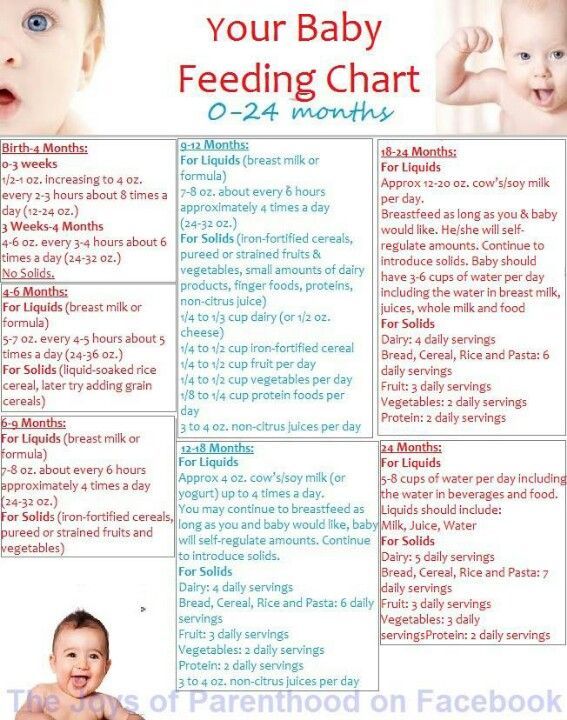 • If the baby drinks mother's milk, water should be given from a spoon. Drinking from a bottle will be very easy for him, and he may eventually refuse to breastfeed
• If the baby drinks mother's milk, water should be given from a spoon. Drinking from a bottle will be very easy for him, and he may eventually refuse to breastfeed
.• If the baby is healthy and is gaining weight well, then there is no need to insist and forcibly give him some water. So he has enough breast milk.
• Water should be given 10-15 minutes after feeding and between meals. In no case do not let us drink before meals: the crumbs will have a feeling of false satiety.
• Keep a close eye on your baby and don't hesitate to consult your pediatrician. After all, it's about your child's health. nine0003
#Food for children up to a year #complementary foods
than dangerous breast milk
Translation was performed by Veronika Makarova,
Breastfeeding consultant, Moscow 9000
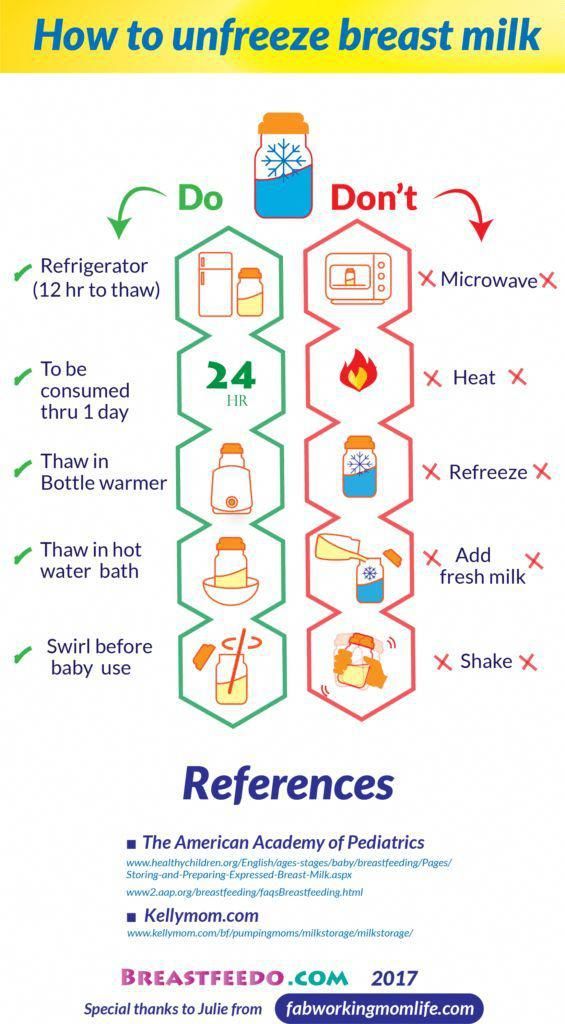 Monica Beyer
Monica Beyer
05/06/2015
In Georgia (USA), the parents of a 10-week-old baby were charged with diluting their breast milk and killing them. nine0003
Mothers usually know about the need to dilute artificial nutrition according to the instructions on the package, but they should also be aware that adding water to breast milk is dangerous for the health of the child - this terrible truth was only discovered by parents after the death of their mother. little daughter. Diluted breast milk caused an electrolyte imbalance in the baby's body and cerebral edema, which led to death.
The source of the information does not report the specific circumstances that prompted the parents to dilute breast milk. They probably fed the child with donor milk, received free of charge or for money. Diluting breast milk with water will undoubtedly increase its volume if the available supply is not enough to feed the baby. But the experience of this girl's parents has shown that this is not only undesirable, but extremely dangerous.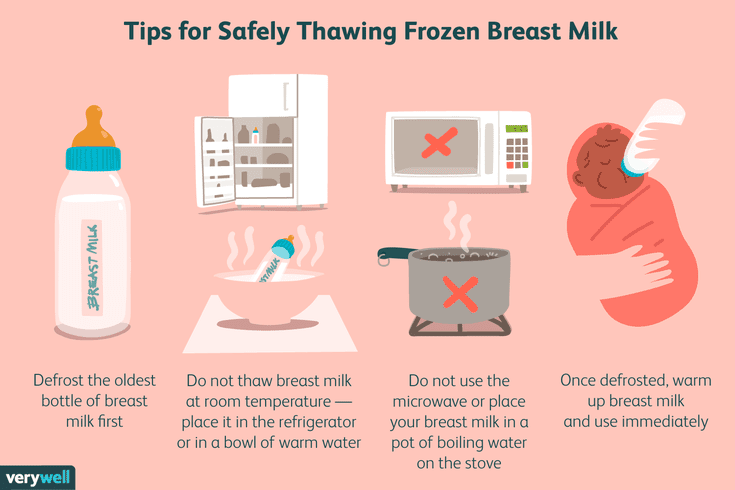 nine0003
nine0003
Dr. Ashanti Woods, pediatrician at Mercy Medical Center in Baltimore, Maryland (USA), cautions parents against diluting breast milk with water or inappropriate dilution of formula: confusion, lethargy, convulsions or death."
Rachel Lesteshen, Breastfeeding USA consultant, agrees: "Breast milk contains the optimal amount of essential nutrients for a baby's growth. Diluting breast milk with water reduces their concentration and poses great health risks, such as significant weight loss." According to Kellymom, breastfeeding fully provides the baby with the necessary fluid (even in very hot climates) as long as breastfeeding is organized on demand. nine0003
Dr. Woods also emphasizes that parents should resist the temptation to dilute baby food. It is always necessary to carefully read the instructions for preparing artificial mixtures presented on the packages, as they may vary depending on the type of mixture and manufacturer. “Some parents use less powder to make the next portion of the formula if, for example, the contents of the package are low.